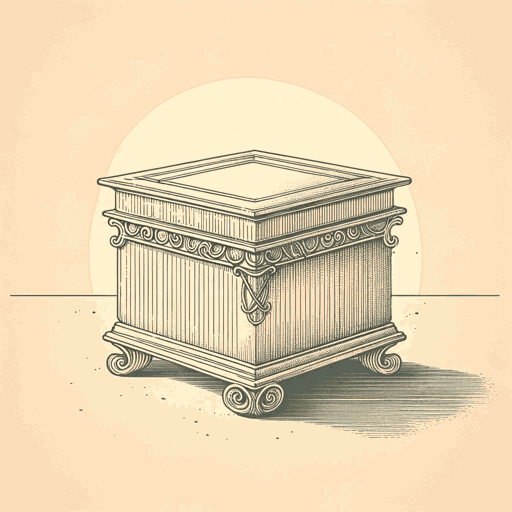96 pages • 3 hours read
Bernard EvslinHeroes, Gods and Monsters of the Greek Myths
Fiction | Short Story Collection | YA | Published in 1966A modern alternative to SparkNotes and CliffsNotes, SuperSummary offers high-quality Study Guides with detailed chapter summaries and analysis of major themes, characters, and more. For select classroom titles, we also provide Teaching Guides with discussion and quiz questions to prompt student engagement.
Character Analysis
Aphrodite
Across antiquity, Aphrodite’s birth story varied. The one Evslin chooses to retell in his collection portrays Aphrodite, goddess of love and beauty, as belonging to an earlier generation of gods who predate the Olympians. This choice could be interpreted as placing Aphrodite outside of Zeus’s direct supervision and jurisdiction but aligning her cooperatively with him to ensure a stable pantheon. Such a view aligns with Evslin’s portrayal of love as the guiding and strongest force in the cosmos.
Throughout the collection, Aphrodite’s presence is a driving force, demonstrating her power, influence, and importance. Her intervention leads to happy endings for Hippomenes and Pygmalion, unhappy ones for Daphne and Psyche. While she is portrayed as immensely powerful, she is also subject to flaws. She is portrayed as jealous of mortal women’s beauty, prone to gossip, and chronically unfaithful to her husband. Ancient Greek gods, like demigods, are not inherently good but deploy their power for both good and bad ends.
Zeus
Zeus is called the “father of the gods” figuratively, because he is the lead authority figure within the pantheon. In actuality, he is the youngest of his five siblings, who rule alongside him. He is their leader because he is the first who is not swallowed by their father, Cronos, and the one responsible for overthrowing their father and releasing his siblings.


